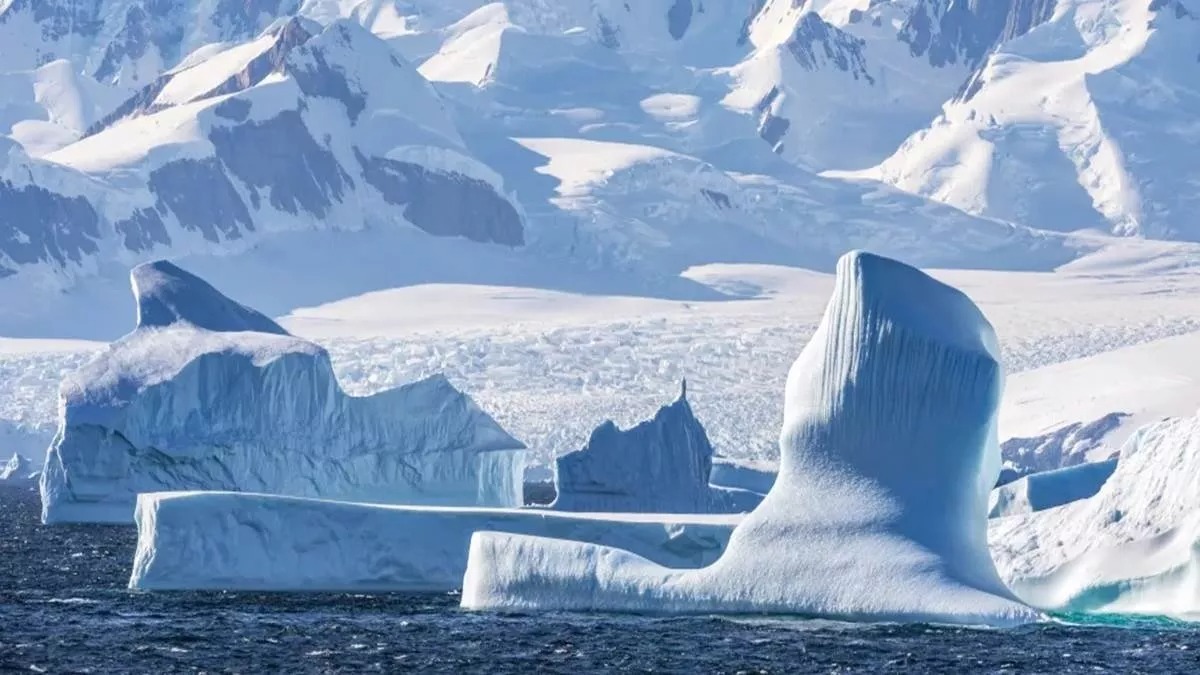
Imagine what the scene would look like if there was no ice in the Arctic Ocean, famous for its white ice. A study has predicted that the ice in the Arctic Ocean will start disappearing in the next five to six years. According to a study published in Nature Communications, all the ice in the Arctic Ocean may melt by 2027.
Strict action has to be taken
Researchers have said that if drastic action is not taken to reduce greenhouse gas emissions, we could see massive environmental damage within 20 years. The study, conducted by climate scientists, used advanced simulations to predict the likely timeline of this event, highlighting the rapidly increasing impacts of climate change on the region.
Findings from the study
The research analyzed data using 11 climate models and 366 simulations. These models showed that even under low emissions scenarios, the Arctic will likely face an ice-free day within the 2030s. In the most extreme simulations, this could happen as early as three to six years. In a statement, Dr. Celine Huize, a climate science researcher at the University of Gothenburg and lead author of the study, emphasized the importance of understanding the events that can trigger such unprecedented melting.
Melting of sea ice will cause damage
Sea ice in the Arctic plays a vital role in maintaining global temperature balance, regulating marine ecosystems and driving ocean currents that transport heat and nutrients. Melting this ice exposes deeper water, which absorbs more heat, accelerating the planet's warming in a feedback loop known as the albedo effect. According to the report, the Arctic is already warming four times faster than the global average, with researchers linking this directly to human-induced greenhouse gas emissions.
India is concerned about the climate crisis
India on Thursday criticised developed countries for creating the climate crisis during a landmark hearing at the International Court of Justice (ICJ) and said they exploited the global carbon budget and failed to honour climate-finance promises. Not only this, developed countries are now demanding that developing countries limit the use of their resources. It is noteworthy that the ICJ is investigating what legal obligations countries have to deal with climate change and what will be the consequences if they fail.
--Advertisement--

 Share
Share



